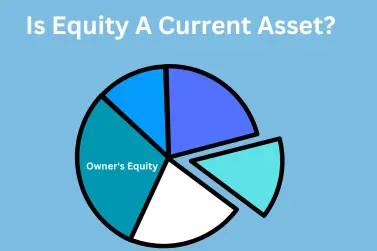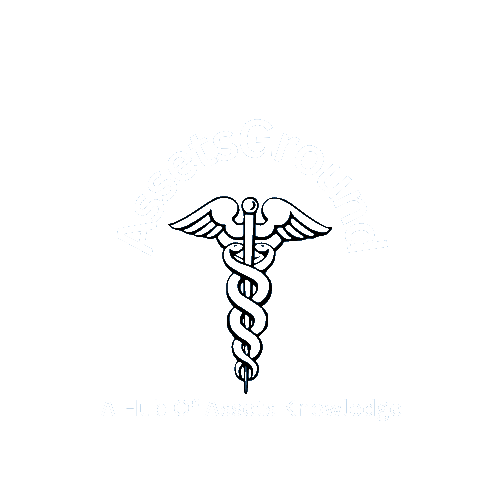Is Equity A Current Asset? How It Is Treated In The Balance Sheet

Equity is an essential component in the balance sheet of a company that shows the residual value of the company after deducting its all obligations.
Is Equity A Current Asset?
Owner’s equity is the net assets of the company’s shareholders but it is not a current asset itself. Equity is recorded in the balance sheet as shareholder’s equity rather than current assets.
Equity plays an essential role in the development and running of a business as equity represents the funds required to acquire assets for running business operations while the assets are the economic resources that are essential to run a business for generating revenue.

Here is how the equity section is presented in the company’s balance sheet:
| Owner’s Equity | |
| Common Stocks | xxx |
| Retained Earnings | xxx |
| Additional Paid-In Capital | xxx |
| Other Comprehensive Income | xxx |
| Noncontrolling Interest (For Subsidiary) | xxx |
| Total Owner’s Equity | xxx |
What are the major components of the equity sections in the balance sheet?
The following are the main components of an equity section in the balance sheet of a company:
- Common Stocks
- Retained Earnings
- Additional Paid-In Capital
- Other Comprehensive Income
- Noncontrolling Interest (For Subsidiary)
- Treasury Stocks, etc.
Why owner’s equity is important in a business?
Owner’s equity is an essential element of a business as it represents the share of the ownership in a business. The following are the major reasons why equity is important in a business:
- An equity balance shows the financial health and stability of a business
- Owner’s equity plays an essential role in building creditworthiness in the market because lenders and creditors check the owner’s equity before financing a business
- It attracts more investors to invest money in the business
- It helps to decide when and how much dividend should be given to the shareholders
- It plays a vital role in the expansion of the business by maintaining and expanding the capital
- It builds strong credibility for a business in the market
- It helps a business to know the actual worth of the company
- Making financial decisions can be easy using owner’s equity data
- It helps a business to mitigate the risk by asset allocations or other strategies, etc.
FAQS
Is equity a current asset or a non-current asset?
An equity is neither a current asset nor a non-current asset, it is shareholder’s funds that are recorded in the owner’s equity section balance sheet.
Are retained earnings recorded in the equity section on the balance sheet?
Retained is the equity element and is recorded under the equity section in the balance sheet.
Why equity is not treated as an asset in the company’s statement of financial position?
An asset is a resource that provides economic benefit at present time or in the future while equity is the investment that provides ownership in the company.
Are irredeemable preference shares classified as equity in SOFP?
Preference shares with irredeemable options are considered as equity because these do not create an obligation and do not have a fixed maturity date, so are recorded as equity but the redeemable preference shares are recorded as a liability because they have a maturity date that creates a legal obligation for a company.
